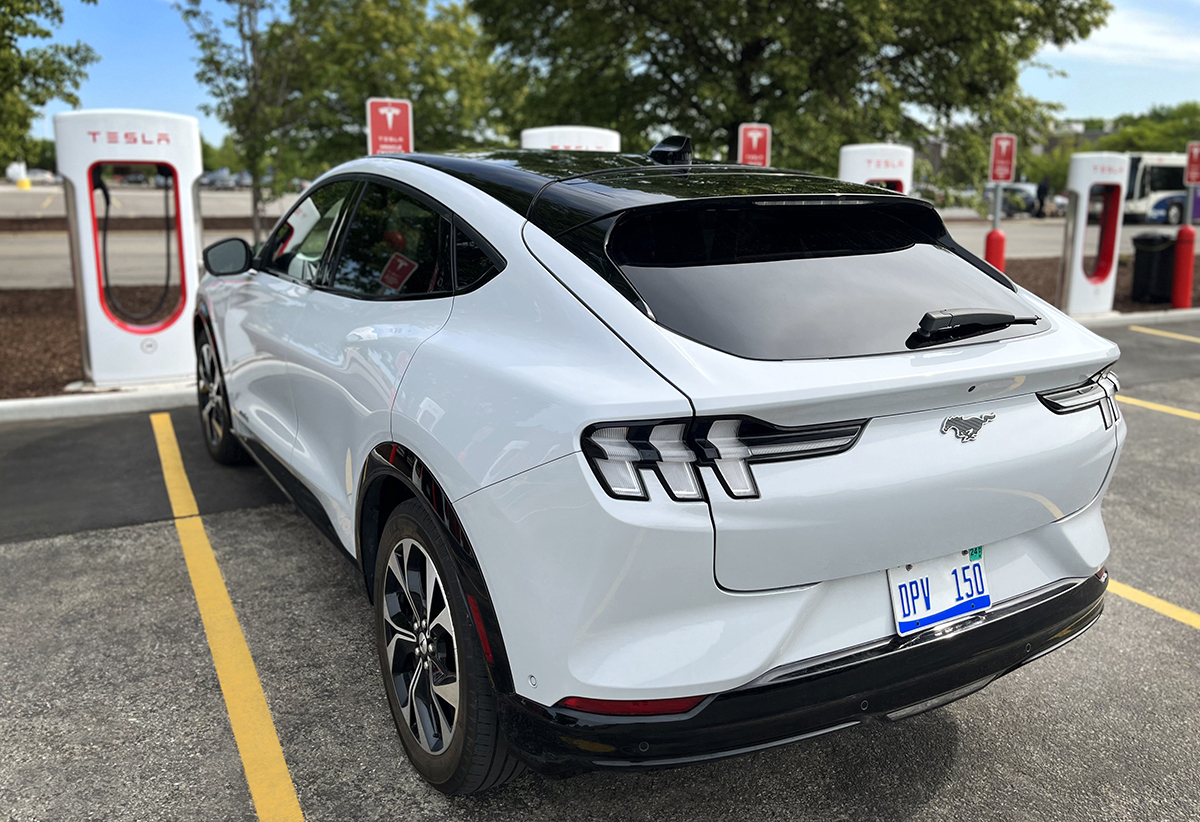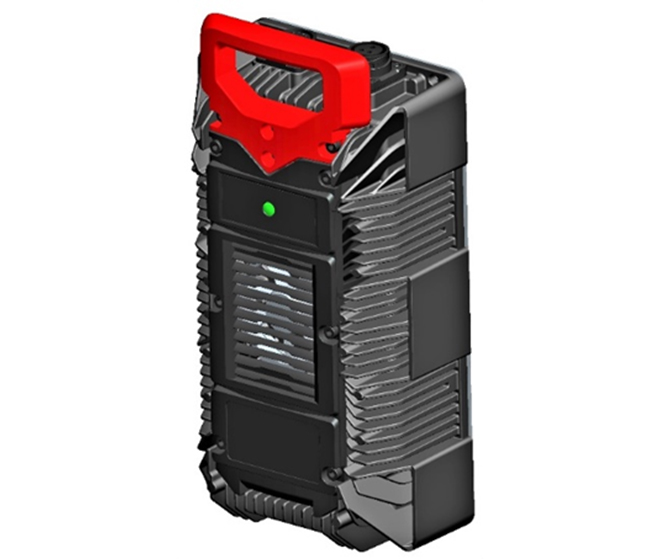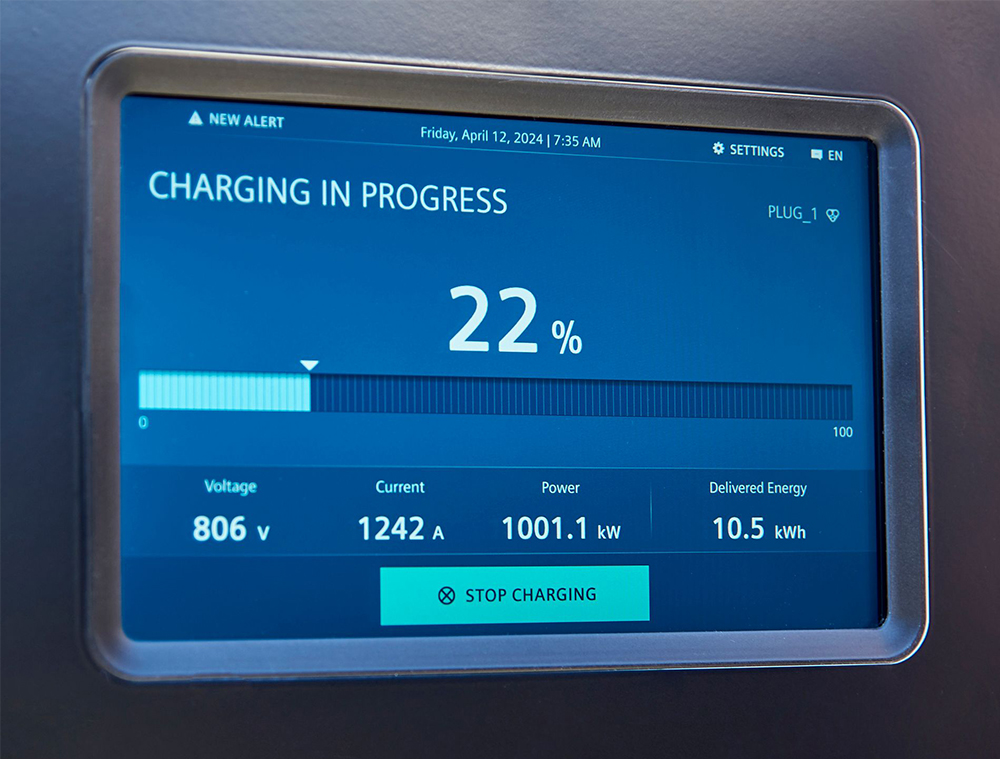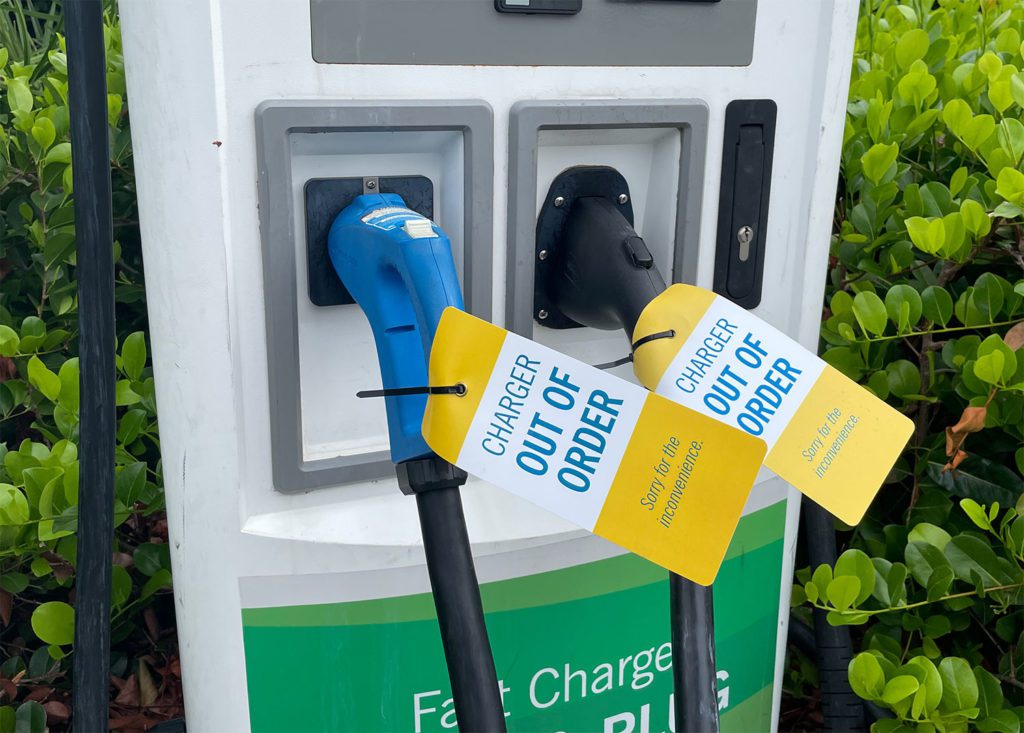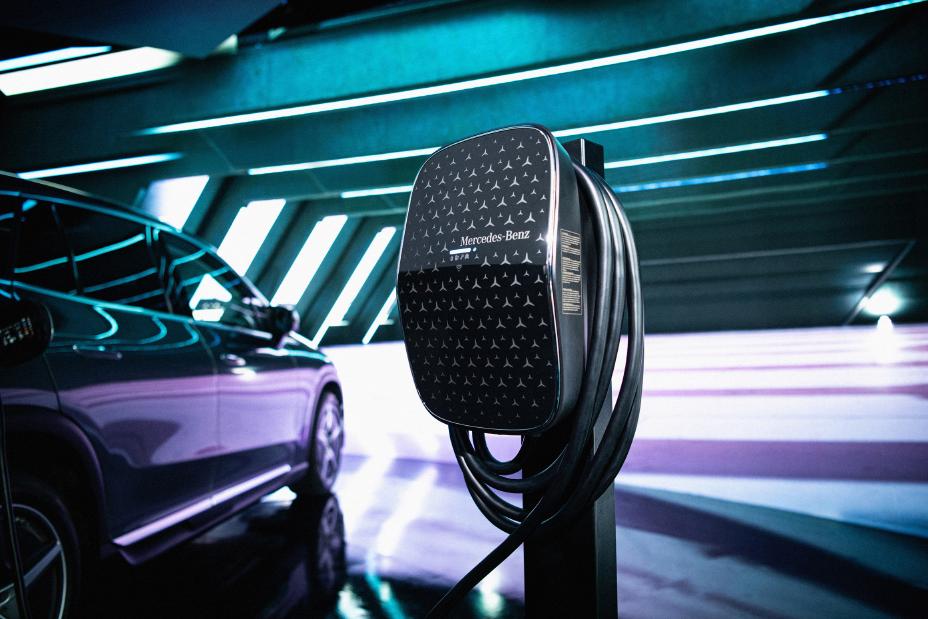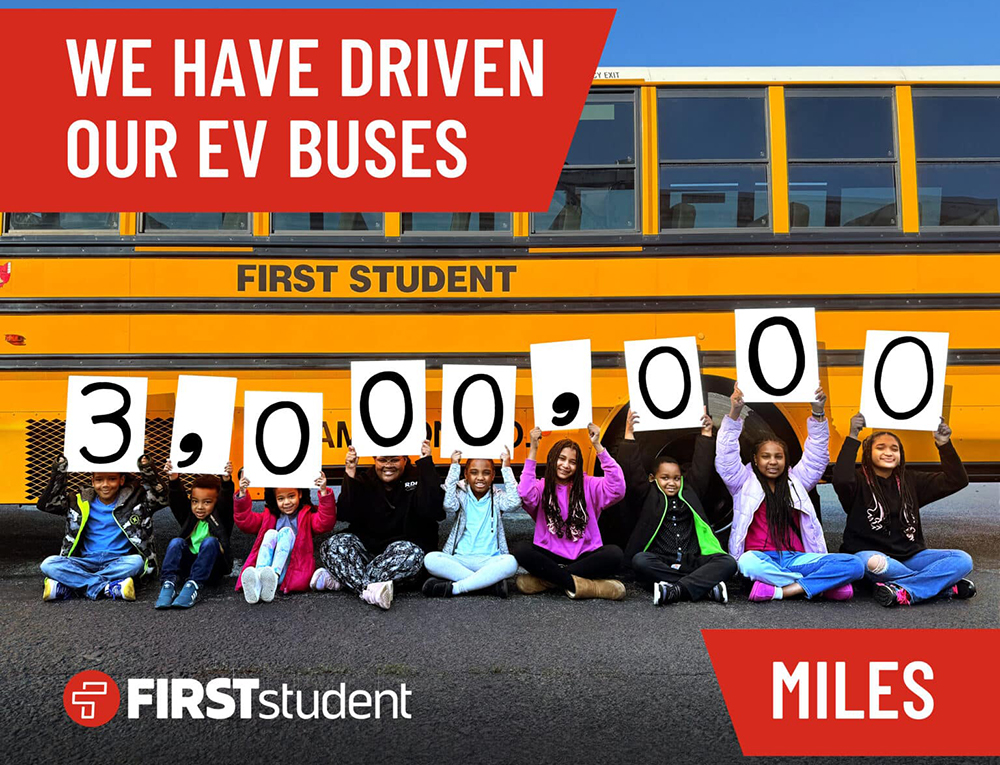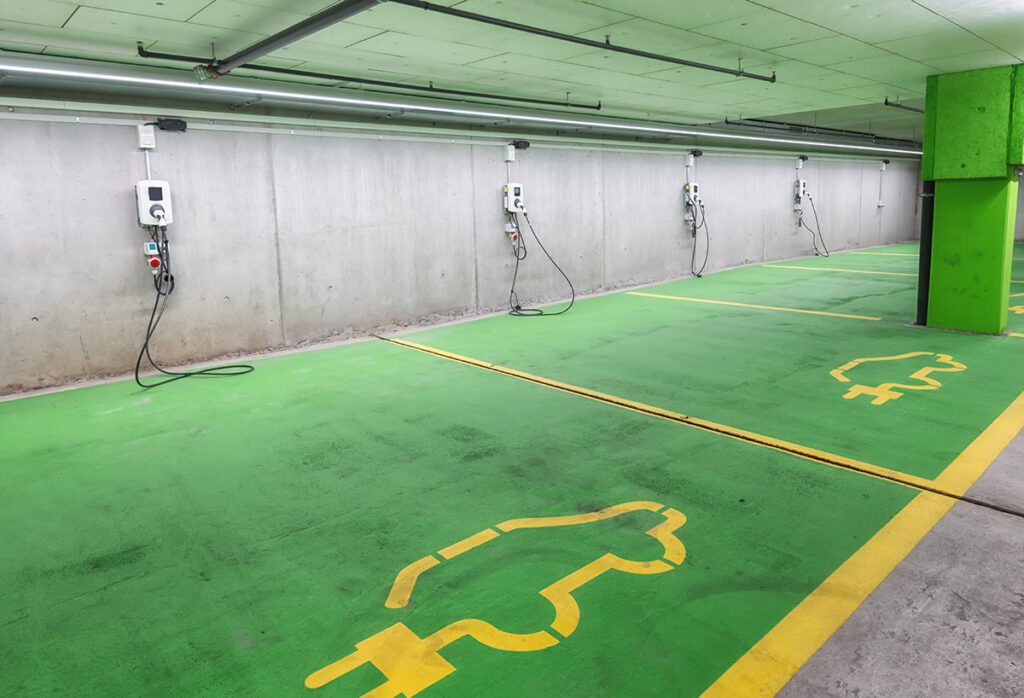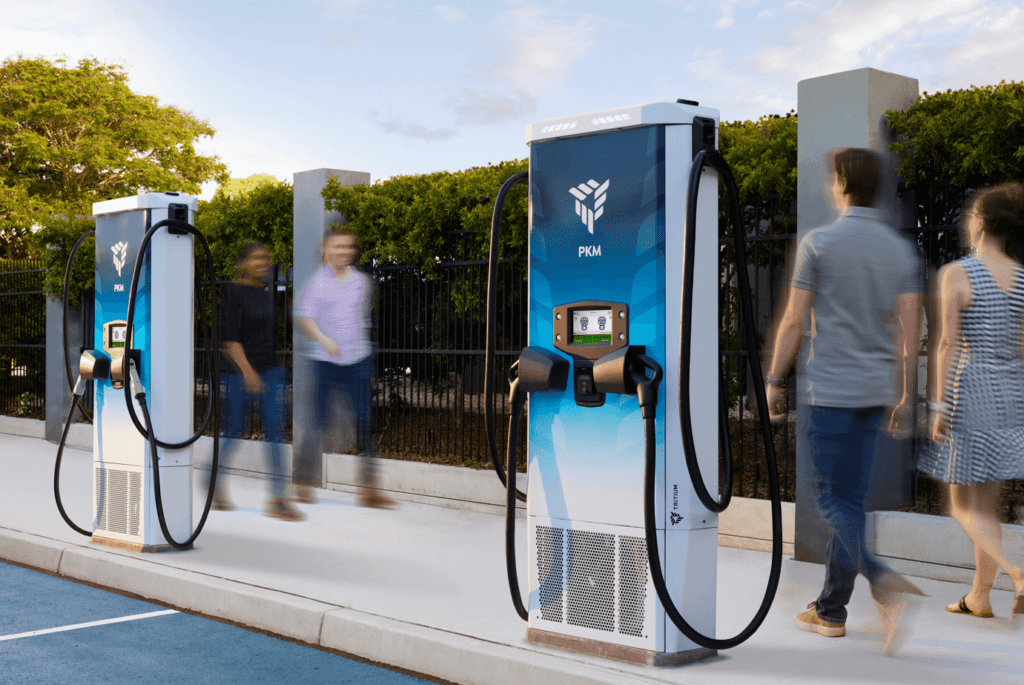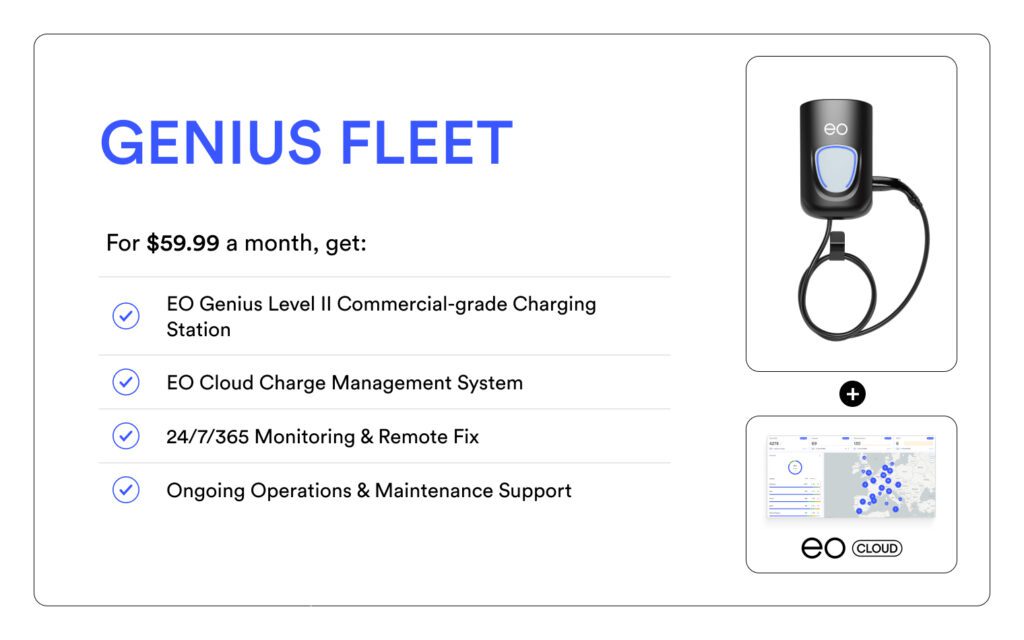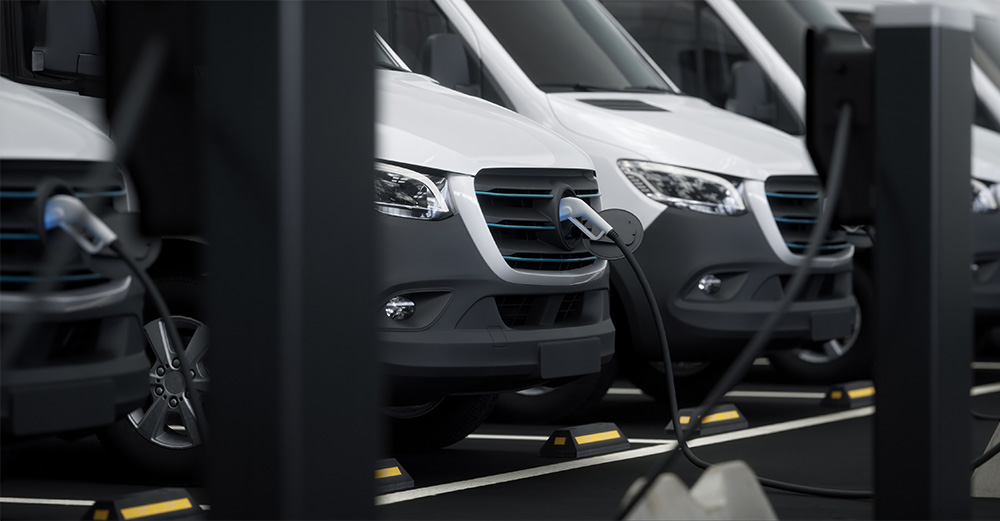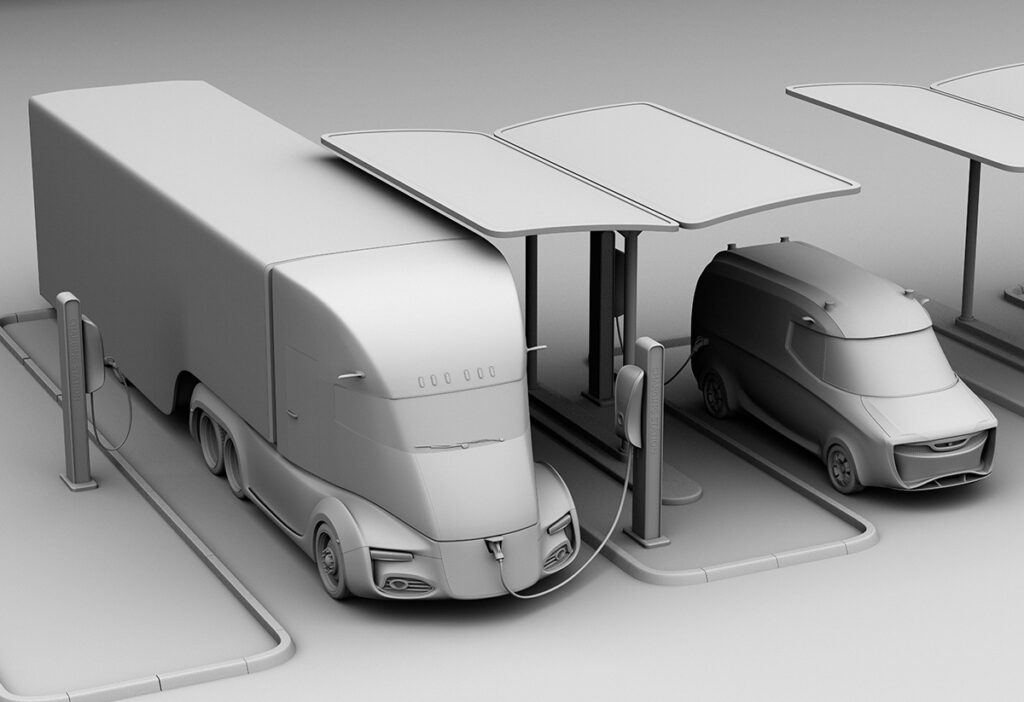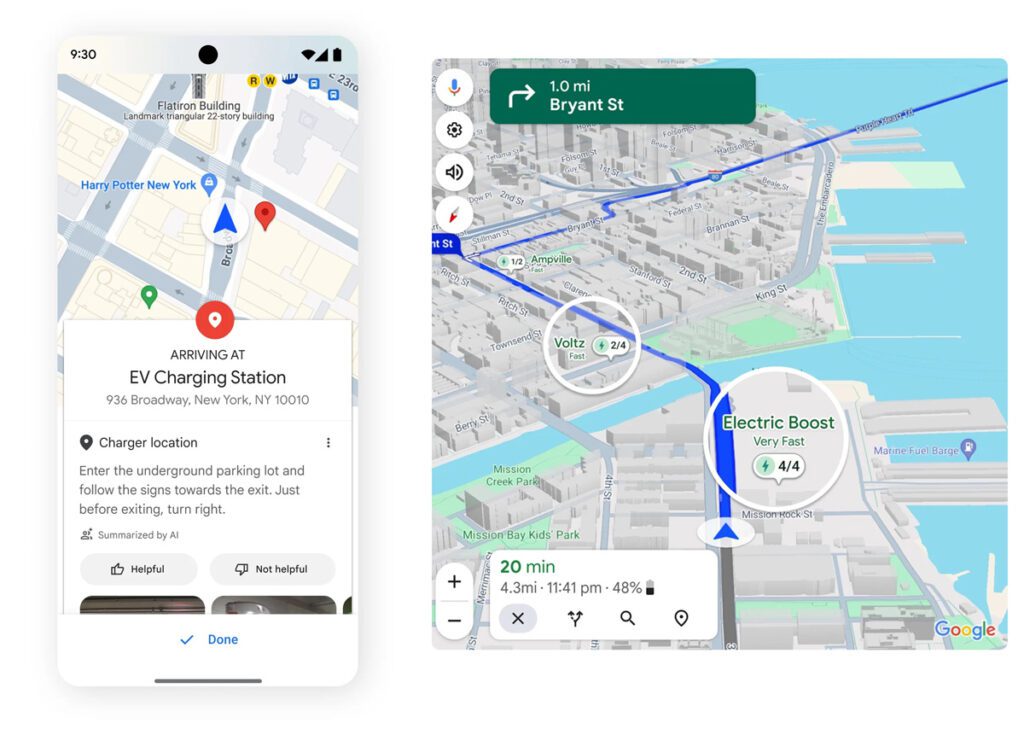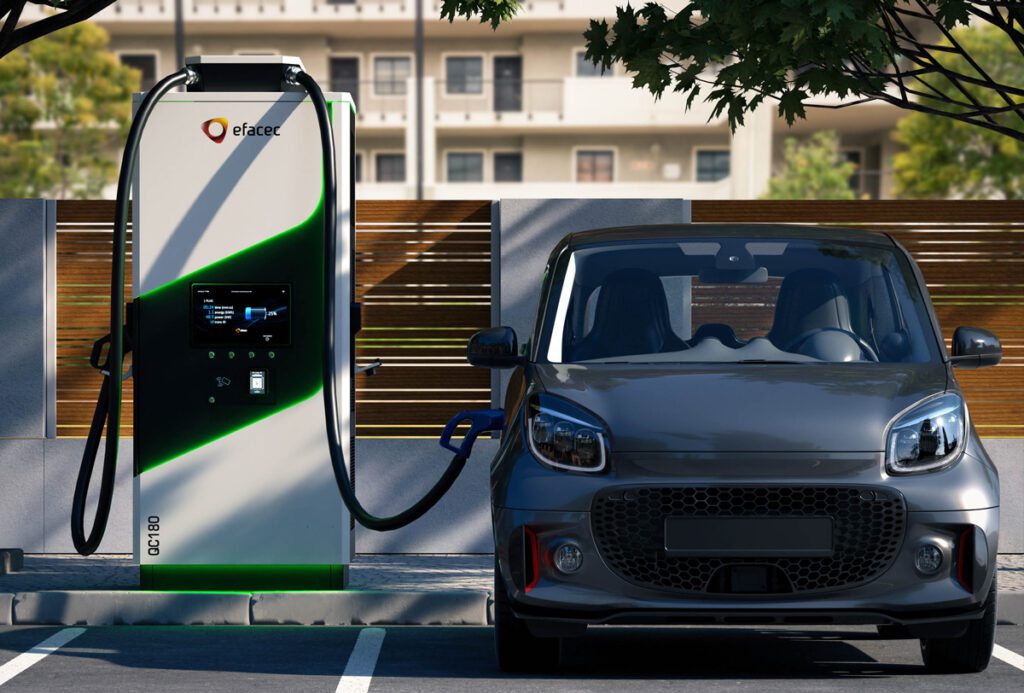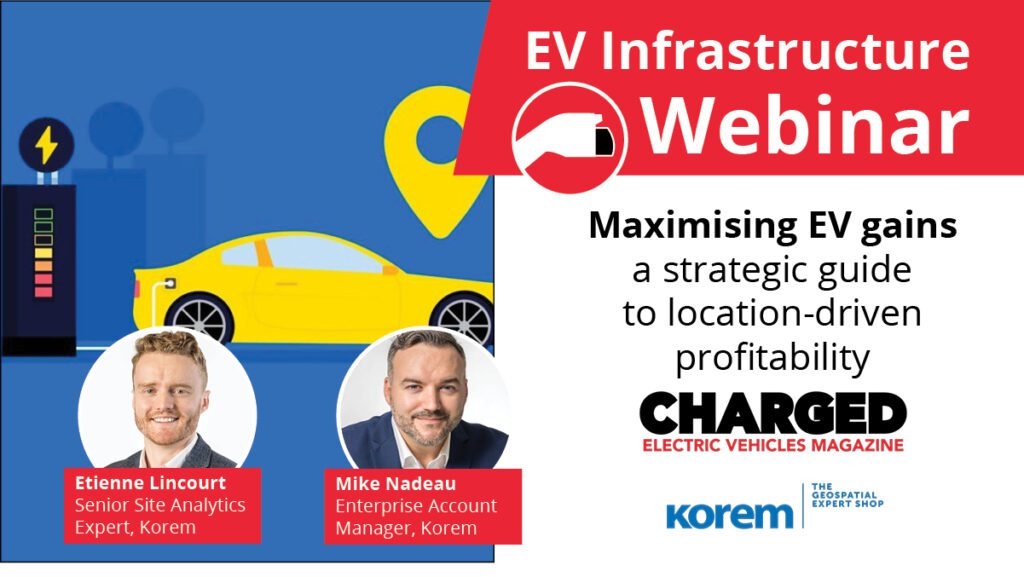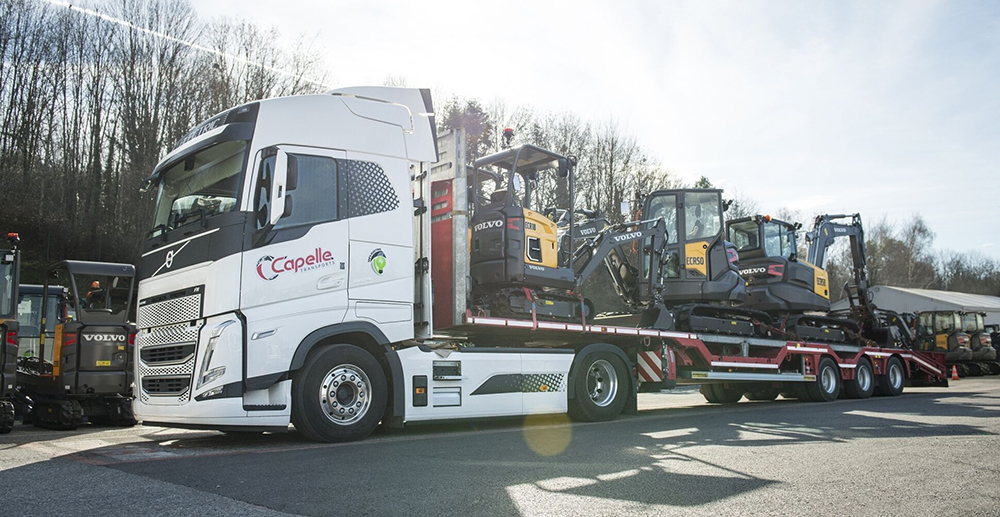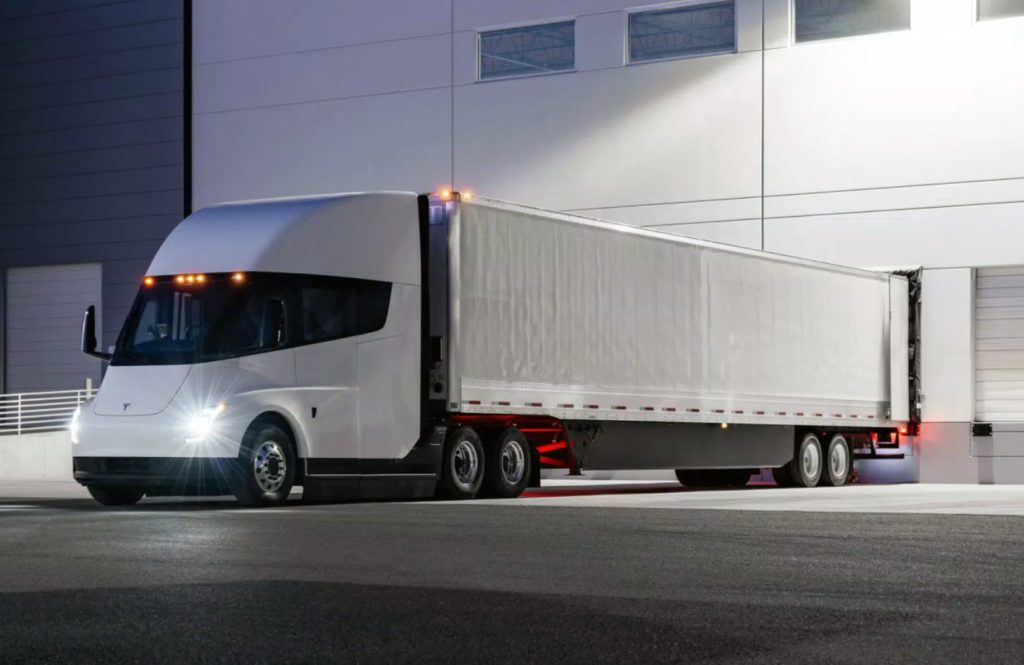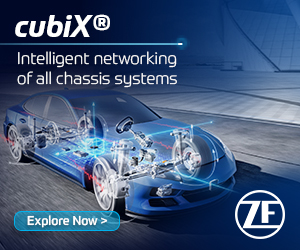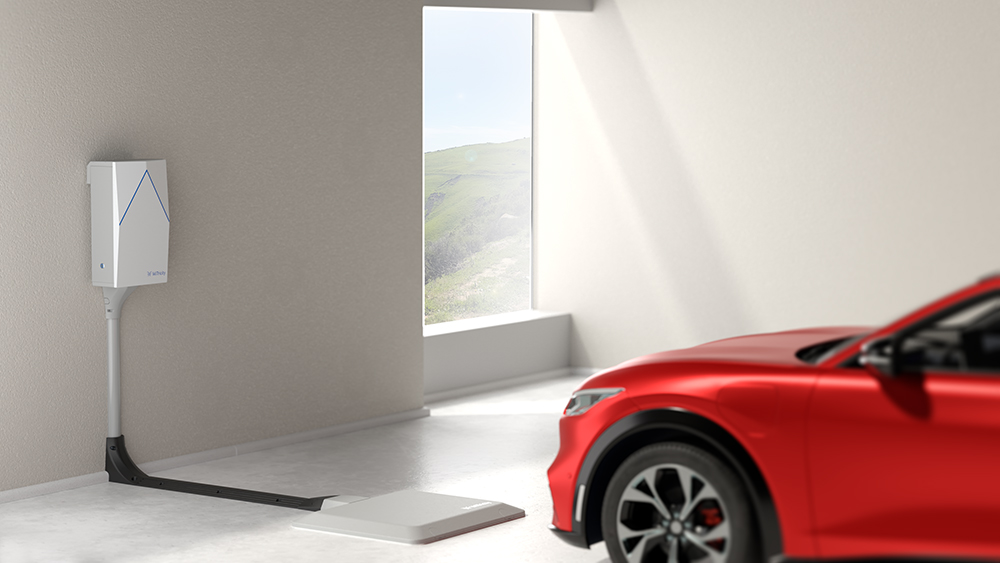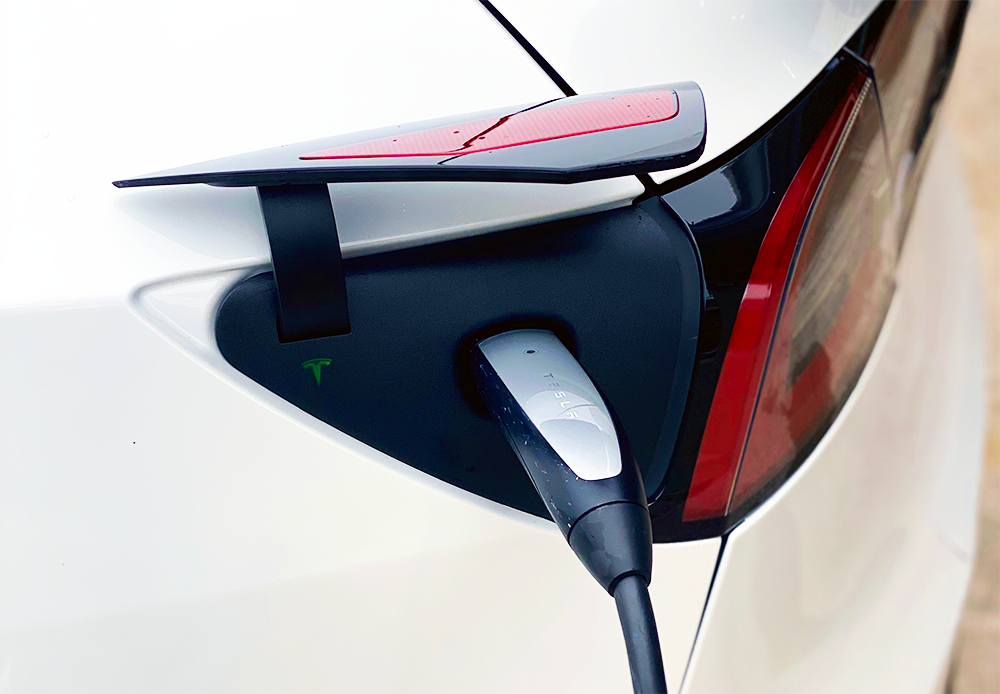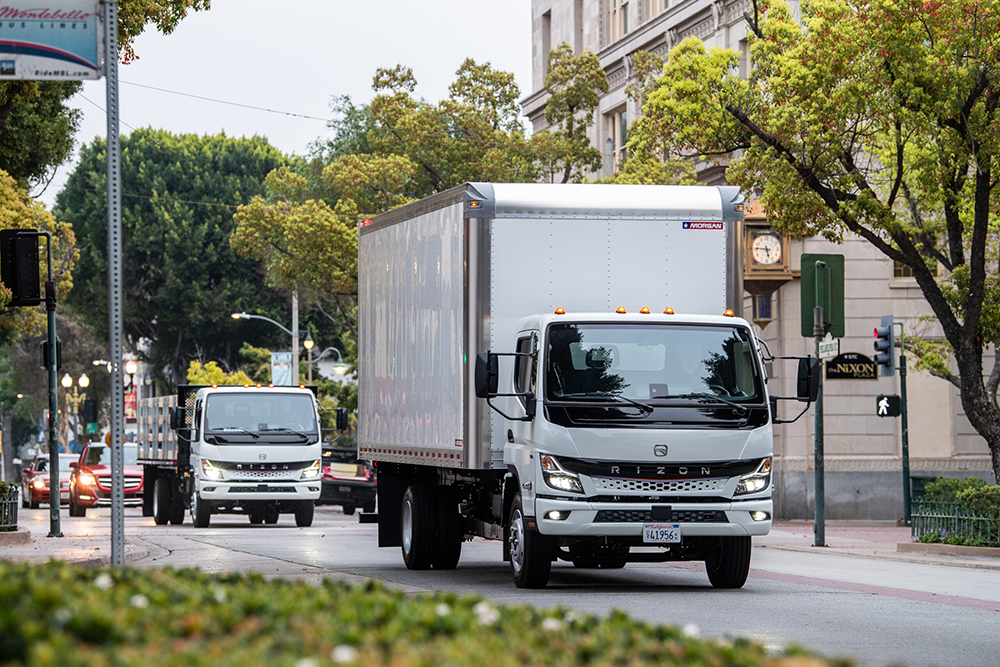Tesla is opening the gates of its walled garden of Supercharger charging stations, to the cheers of (almost) everyone in the EV industry. The move is good news for EV drivers, who will soon have lots more places to charge. The legacy automakers are insisting it’s good news for them too (we’re not so sure, but that’s a story for another day).
One thing that’s indisputable is that the brave new world of charging is spectacularly good news for Tesla, and for several reasons. Obviously, the company will gain lots of new charging customers (and maybe more than a few new vehicle buyers), and has scored one of the greatest marketing coups in the history of marketing. But there are also some other benefits to the automaker that aren’t so obvious.
It doesn’t appear that Tesla will be earning extra fees from other automakers or their customers—Tesla has declared its NACS to be an open standard, which means (as far as we know at this point) that GM, Ford et al won’t be paying licensing fees. And GM CEO Mary Barra tells us that her company’s agreement with Tesla specifies that GM drivers will pay the same price for Supercharging as Tesla drivers.
However, all those non-Tesla drivers will be providing Tesla with something that might be even more valuable than cash: data.
As Adam Rogers explains in a recent Business Insider article, every NACS charging plug includes a pair of data ports, which send info about the vehicle up to the mother ship during charging. “A gasoline pump doesn’t need to know anything more about a car than whether the gas tank is full,” Rogers writes. But charging an EV requires communication between the charging station and the car’s battery management system.
All fast charging systems—CCS, ChaDeMo, etc—include protocols for exchanging data. As Rogers explains, Tesla’s system includes both a “proximity pilot,” which conveys the basic info needed to start and stop charging, and a “control pilot,” which can exchange all sorts of information about each individual vehicle, and Tesla uses this to gather “a ton of information about its user base every time they charge.”
No one outside Tesla knows precisely what kind of data the company is able to gather. Nor do we know what kind of agreements it has with rivals about sharing that data. But analysts told Mr. Rogers that Tesla will “almost certainly” be able to pull data from non-Tesla EVs. It will naturally be able to see a vehicle’s state of charge and charging rate. Combining that data with a driver’s credit-card info and VIN could tell Tesla quite a bit.
“I suspect that both Ford and GM have set up ways to prevent Tesla from directly harvesting ownership information,” Mike Ramsey, an Automotive Analyst with Gartner, told Mr. Rogers. “But Tesla could probably figure it out using other means. The data value is mostly internal to Tesla in terms of competitive intelligence.”
“If you have access to the battery management system, and if you really want to get into the—let’s say—engine-control system, it is not that super-hard,” said EV cybersecurity expert Samrat Acharya.
Of course, other automakers, and CPOs, also collect charging data for fun and profit. However, few companies have the insatiable appetite for Big Data that Tesla has—the company collects terabytes of data from its own customers, which it uses to inform its self-driving software among other things. Adding an additional firehose to the stream could allow the company to corner the market for automotive data—a market that Rogers notes is already “large and lucrative,” and is likely to expand as electric utilities get into the charging biz.
Tesla fans have long insisted that it’s “not really a car company,” and have often speculated that Elon’s new business venture of the month—solar, battery storage, insurance, tunnels, social media, political kingmaking—might end up being more profitable than building cars. Big Data may soon need to be added to that list.
Source: Business Insider



